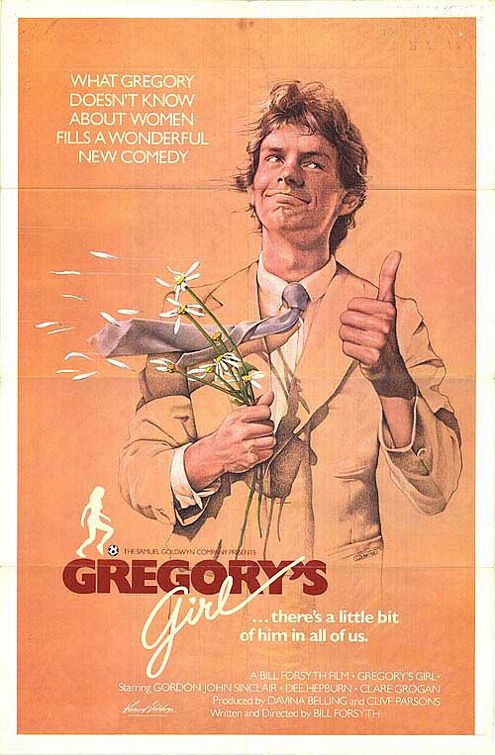Mamoun Hassan – 1937 – 2022
Mamoun Hassan was a screenwriter, producer, director, editor and critic as well as an international film teacher. He has written, directed and edited a number of award-winning films in the course of his career while holding a number of influential positions in British film production organisations.
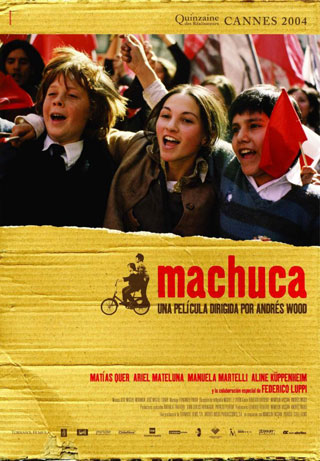
Mamoun’s unique gift was his ability to transfer his understanding of cinema as an international medium using practical exploration of the work of the world’s greatest directors. He was guest lecturer of choice at several of the world’s top national and international film schools, giving masterclass to cultural institutions and film schools in all five continents.
Based in the UK, Mamoun had a string of directing, producing, editing and screen-writing credits on films made in Britain and Latin America. He produced the prize-winning feature film, No Surrender, and co-produced Machuca, Chile’s most successful film, which won numerous Latin American and European awards. He also wrote the screenplay of La Buena Vida, winner of a Spanish Goya and the premier prize at Huelva in 2008. He was also a regular writer in the British press, most notably in the pages of the Times Higher Education Supplement, The Guardian and the Observer.
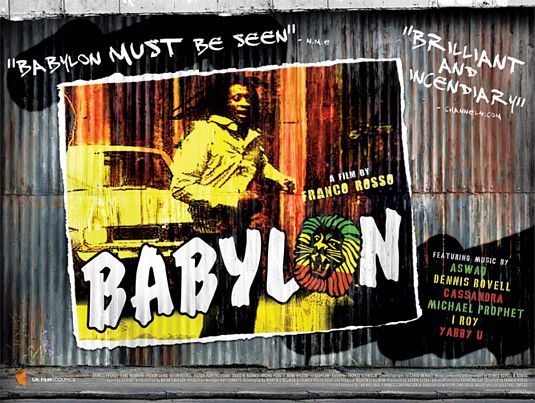 As a fiercely independent freelance professional with a global outlook, Mamoun always stood apart from show business limelight in the UK. As a result, he was often been better recognised abroad than at home: the French cinema dictionary, the Larousse Dictionnaire du Cinéma, has listed his name alongside those of Alexander Korda, René Clair, Cavalcanti, Truffaut, Polanski, Losey and Kubrick as great ‘non-English’ contributors to the world of British film.
As a fiercely independent freelance professional with a global outlook, Mamoun always stood apart from show business limelight in the UK. As a result, he was often been better recognised abroad than at home: the French cinema dictionary, the Larousse Dictionnaire du Cinéma, has listed his name alongside those of Alexander Korda, René Clair, Cavalcanti, Truffaut, Polanski, Losey and Kubrick as great ‘non-English’ contributors to the world of British film.
Career
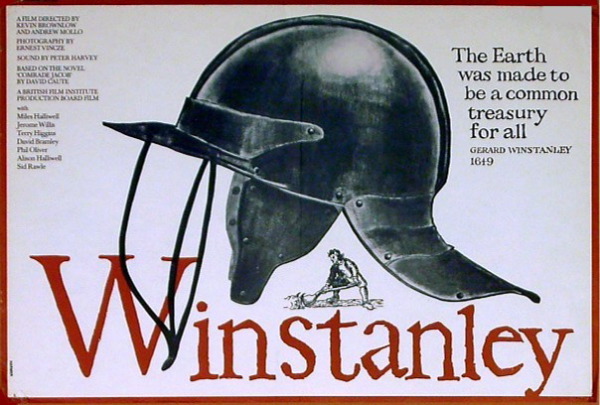 From 1971 to 1974, as Head of Production at the British Film Institute , he led and implemented a policy of feature film-making with the backing of Sir Michael Balcon and Sir Dennis Forman. During his two and a half years at the BFI he backed some of Britain’s most distinctive and original films, including Bill Douglas’s Childhood Trilogy, Kevin Brownlow and Andrew Mollo’s Winstanley, Peter Smith’s A Private Enterprise, David Gladwell’s Requiem for a Village, Horace Ove’s Pressure, Chuck Despins’ musical, Moon Over the Alley, and Terence Davies’s first film, Children.
From 1971 to 1974, as Head of Production at the British Film Institute , he led and implemented a policy of feature film-making with the backing of Sir Michael Balcon and Sir Dennis Forman. During his two and a half years at the BFI he backed some of Britain’s most distinctive and original films, including Bill Douglas’s Childhood Trilogy, Kevin Brownlow and Andrew Mollo’s Winstanley, Peter Smith’s A Private Enterprise, David Gladwell’s Requiem for a Village, Horace Ove’s Pressure, Chuck Despins’ musical, Moon Over the Alley, and Terence Davies’s first film, Children.
In 1970, Mamoun was commissioned by Hollywood legend Stanley Donen to adapt a novel, Apollo’s Summer Look by Kathleen Conlon, with a view to Mamoun directing it. He worked on the screenplay with colleague David Ash. The project was financed by National General, a newcomer to Hollywood, referred to at the time as the seventh Major. Sadly National General withdrew from Movie Production when the script, About Rose, was in early stages of pre-production. There had been some development work in Hollywood prior to Mamoun’s involvement on the project and costs were too high for a British company to take over.
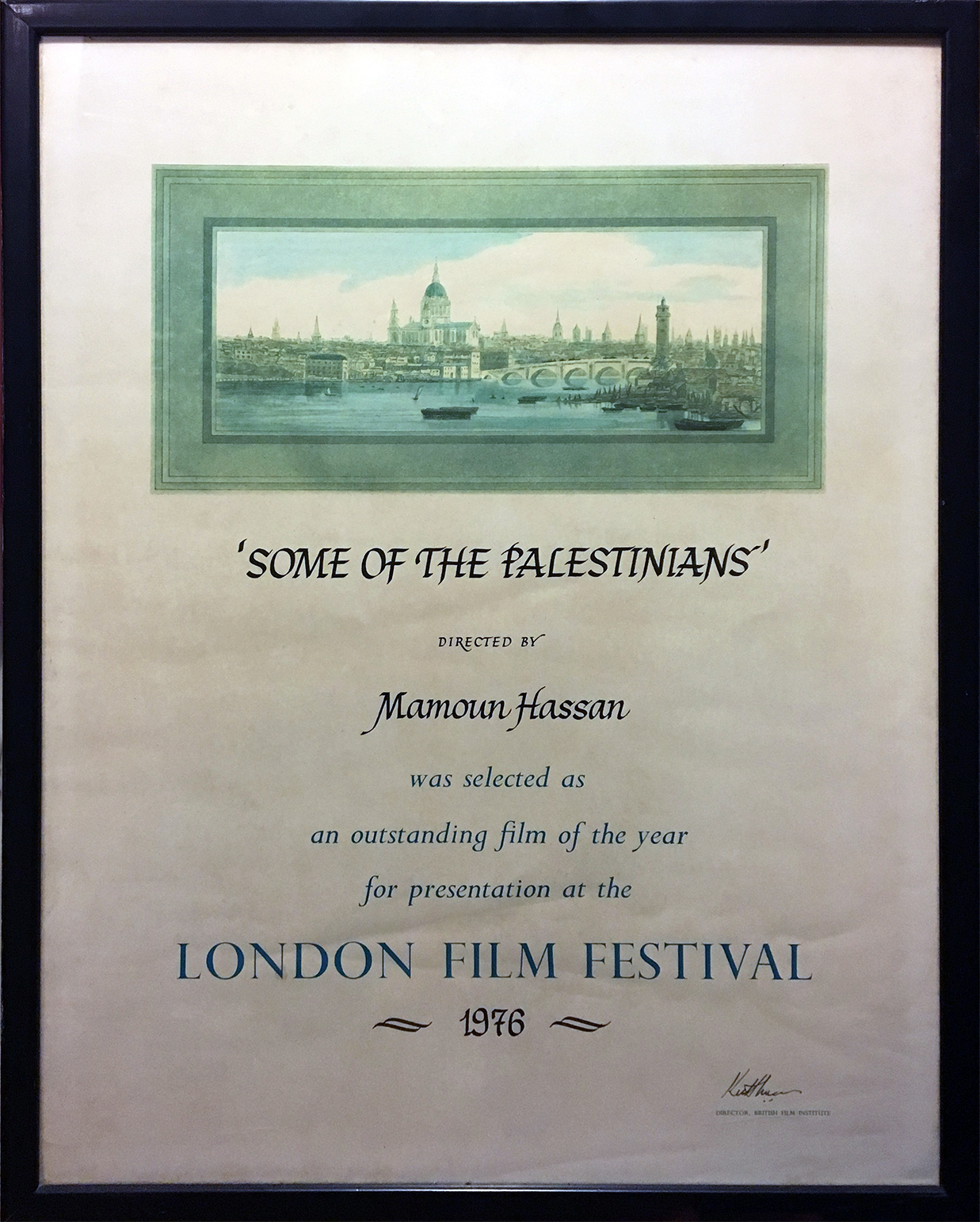 In 1974 Mamoun was appointed Head of Film Branch for the United Nations Agency UNWRA in Beirut. The Lebanese civil war started soon after his arrival and over the following disturbed 18 months he directed and edited a documentary, Some of the Palestinians, which was completed in 1976. The film was invited to the London Film Festival (where it was selected as an outstanding film of the year) and the Teheran Film Festival. The only known copies are held by the UK’s National Film Archive.
In 1974 Mamoun was appointed Head of Film Branch for the United Nations Agency UNWRA in Beirut. The Lebanese civil war started soon after his arrival and over the following disturbed 18 months he directed and edited a documentary, Some of the Palestinians, which was completed in 1976. The film was invited to the London Film Festival (where it was selected as an outstanding film of the year) and the Teheran Film Festival. The only known copies are held by the UK’s National Film Archive.
On returning to the UK in 1976, he was invited by Colin Young, the founding Director of The National Film and Television School, to form and Head the Directing Department.
In 1979, Mamoun took another game-changing role in the UK film funding scene when he took over the top post of Managing Director at the National Film Finance Corporation from Sir John Terry. During his tenure as the managing director of the UK’s government arm for investing in feature production and development he championed the films of new as well as established directors, including Lindsay Anderson’s Britannia Hospital, Bill Forsyth’s Gregory’s Girl, Bill Douglas’s Comrades, Franco Rosso and Martin Stellman’s Babylon, Mike Newell’s Dance with a Stranger, Marek Kanievska’s Another Country, James Ivory’s A Room with a View and Jimmy Murakami’s animation, When the Wind Blows.
Crucially, he tran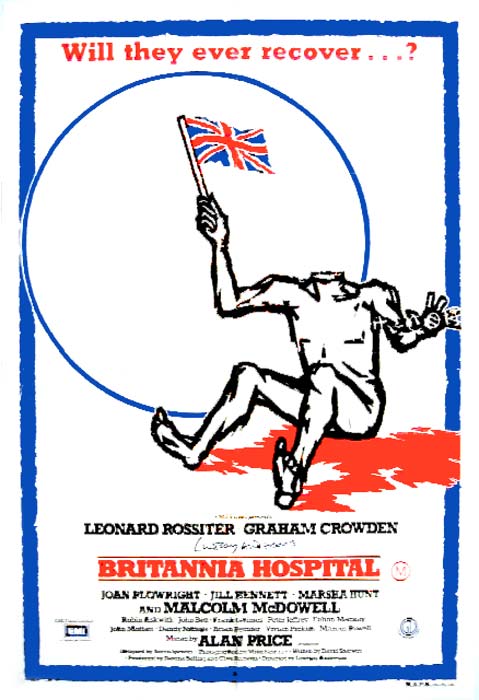 sformed the National Film Development Fund (NFDF). Its record was poor. Prior to his appointment, out of twenty or so grants for scripts, only one was produced – Clash of the Titans. He changed the advisory board from writers to a writer, director, producer, distributor and exhibitor. Thereafter, the NFDF backed most of scripts that went into production, such as A Room with a View, Moonlighting, Dance with a Stranger.
sformed the National Film Development Fund (NFDF). Its record was poor. Prior to his appointment, out of twenty or so grants for scripts, only one was produced – Clash of the Titans. He changed the advisory board from writers to a writer, director, producer, distributor and exhibitor. Thereafter, the NFDF backed most of scripts that went into production, such as A Room with a View, Moonlighting, Dance with a Stranger.
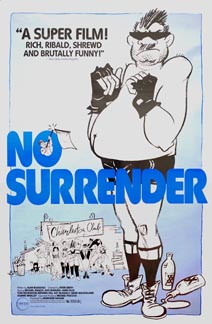
Mamoun left the NFFC in 1984 prior to its dissolution in 1985. He did not return to public life in the UK preferring to concentrate on production and education.
In 1984 he produced Alan Bleasdale’s feature film set in Liverpool, directed by Peter Smith; No Surrender.
In 1988 Mamoun devised the Movie Masterclass series for television, in collaboration with leading film makers of the period, including Lindsay Anderson, Terence Davies, Bill Forsyth and Jack Gold. This innovative and influential series was shown on Channel 4.
Kurosawa Productions acquired the rights for a well received transmission on NHK, the BBC equivalent in Japan.
Satyajit Ray responded to the masterclass on the World of Apu, saying: “…It was a lesson for me too.” When Mamoun visited Kolkata after Ray’s death he discovered that Ray had sent copies of the program to his friends and colleagues.
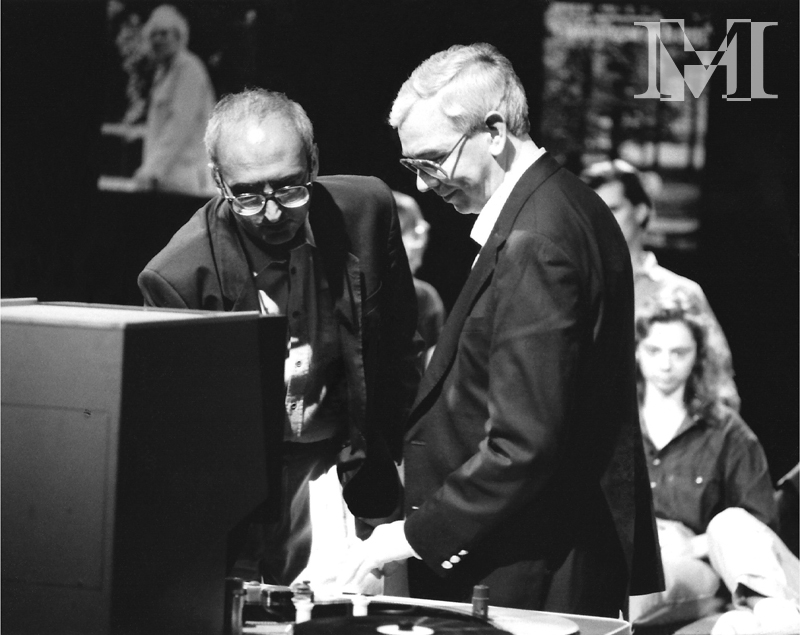
During the 1990’s Mamoun returned to the National Film and Television School, as a governor and to take responsibility for the editing department (he had also been Head of Producing for a short period).
Between 1991 and 1993 he was senior UNESCO consultant for the UNESCO-Zimbabwe Film Training Project in Harare which aimed to establish film training for southern Africa during the apartheid era, and was Consultant to The Australian Film Commission on the future of its production entity Film Australia.
In 1997 he became Head and Dean of Editing at the International Film School in Cuba (eictv) – a position he retained for seven years.
While working in Cuba, Mamoun became interested in the work of the leading Chilean director Andres Wood. This led to one of the most fruitful artistic collaborations in his career so far: with Andres he co-wrote and produced two acclaimed Latin American films. Machuca (2005) is Chile’s most successful film to date – winner of numerous Latin American and European awards – and La Buena Vida (2007), winner of a Spanish Goya and the premier prize at Huelva in 2008.
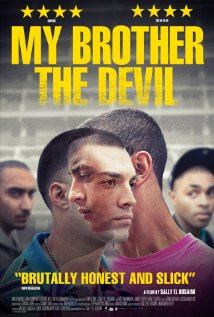 In 2012, Mamoun acted as Consultant Editor on the British Feature, My Brother the Devil directed by Sally Hossaini.
In 2012, Mamoun acted as Consultant Editor on the British Feature, My Brother the Devil directed by Sally Hossaini.
In 2019 Mamoun was Supervising Editor (Credited as Creative Consultant) on Andrés Wood’s Araña (Spider), continuing their creative partnership. They were developing another project prior to his death.
Mamoun was still energetically pursuing production opportunities with new film makers right up until his death, while his expertise and insight for student film assessments, lectures, film competition juries and masterclasses worldwide were still being sought.

